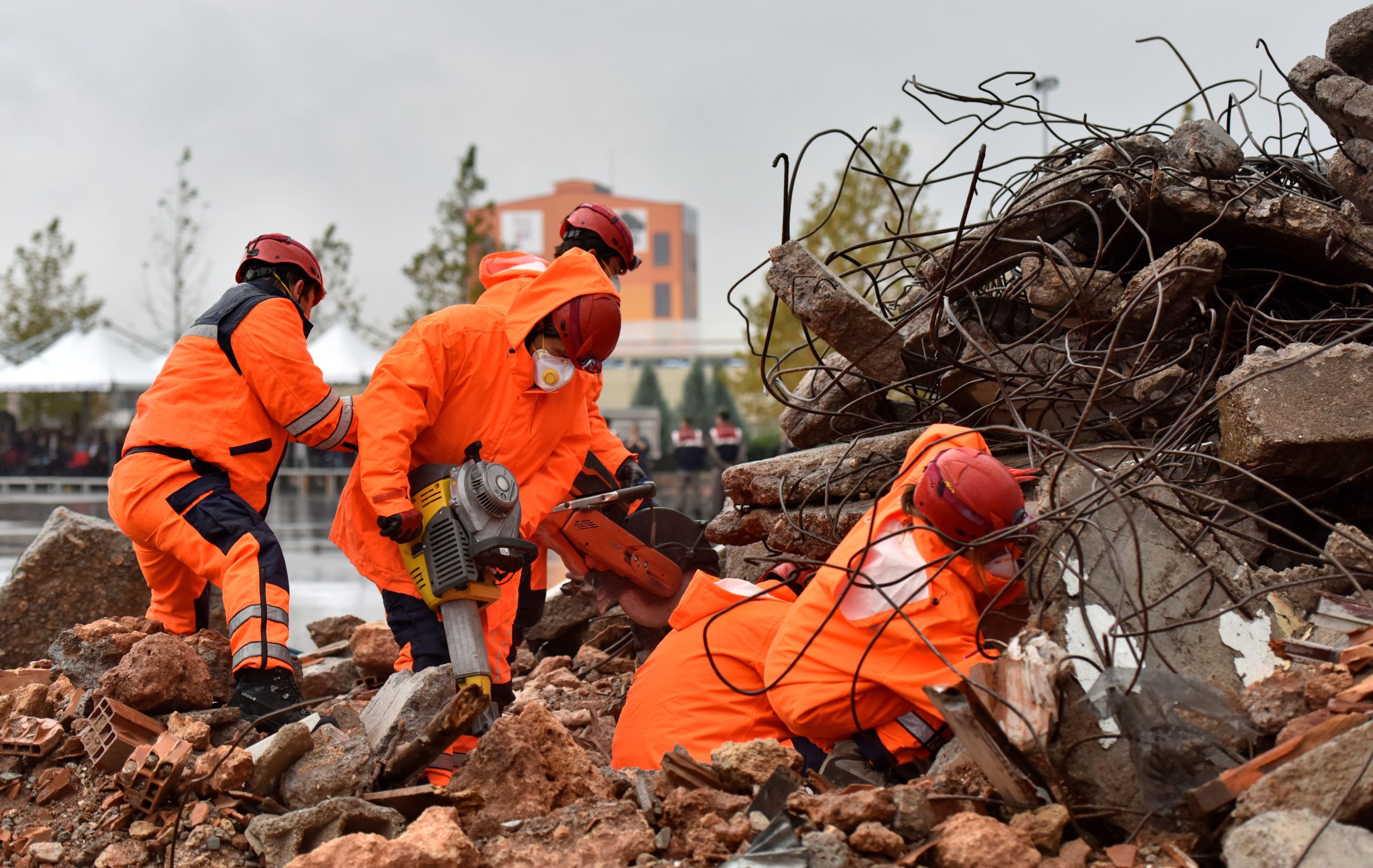
Crafting an Effective Debriefing for Search and Rescue Teams Using Liberating Structures
By Dr. Mark Smutny, President, Civic Reinventions, Inc.
When search and rescue teams respond to missions, especially those involving the recovery of human remains, their work is deeply impactful yet emotionally taxing. Balancing operational learning with emotional support is essential to sustain a team’s resilience and effectiveness. That’s where Liberating Structures come in—a toolkit of facilitation methods that empowers teams to process experiences collaboratively and constructively.
Recently, I crafted a structured two-hour debriefing agenda specifically for a search and rescue unit following a human remains detection mission. The scenario involves detecting the partially dismembered body of a teenager after a tragic fall in the mountains—a situation fraught with emotional complexity. Here’s how the debriefing plan unfolds:
Opening (10 Minutes): Setting the Tone
To kick off the debriefing, it’s vital to establish a safe space and set a purposeful tone. Using the What, So What, Now What framework, the facilitator outlines the mission’s context, outcomes, and the goal of the debrief. Acknowledging the emotional weight of the mission ensures the team feels supported while emphasizing reflection and growth.
Emotional Check-In (20 Minutes): Processing Together
Emotions, when shared in a constructive environment, can foster healing and strengthen connections. Here, 1-2-4-All guides the team through individual reflection, paired discussions, small group sharing, and finally, whole group insights. This gradual build allows everyone to process their feelings openly, fostering understanding and camaraderie.
Operational Reflection (30 Minutes): Learning and Improving
Every mission offers lessons, even in the face of tragedy. Using Critical Uncertainties, the team identifies key moments of uncertainty during the mission, reflecting on decision-making processes and exploring alternative approaches. This analysis helps pinpoint what worked, what didn’t, and how to improve future strategies.
Team Dynamics and Collaboration (20 Minutes): Strengthening Bonds
Search and rescue missions demand seamless collaboration, but challenging scenarios can strain relationships. Through Troika Consulting, team members present specific challenges they faced and receive constructive advice from peers. This structured exchange strengthens interpersonal connections and mutual trust.
Action Planning (30 Minutes): Moving Forward
With insights and reflections in mind, the team shifts focus to actionable steps using What, So What, Now What. This segment translates observations into concrete improvements for future missions, assigning responsibilities and ensuring accountability.
Closing (10 Minutes): Building Positivity
Ending on a supportive and forward-looking note is crucial. Appreciative Interviews encourage team members to highlight positive aspects of the mission or debriefing process. Reflecting on these moments fosters hope and resilience, carrying the positivity into future endeavors.
Why Liberating Structures Matter
Liberating Structures aren’t just tools for meetings—they’re frameworks that foster inclusivity, engagement, and creativity. In the emotionally charged world of search and rescue, these methods ensure every voice is heard and every experience is acknowledged. From emotional check-ins to actionable planning, Liberating Structures support teams in growing stronger, together.
The next time your team faces a challenging mission, consider integrating Liberating Structures into your debriefing process. Whether you’re processing emotions or strategizing for improvement, these tools are powerful allies in building resilient, united teams.
Conclusion Debriefing isn’t merely about reviewing a mission—it’s about sustaining the heart and soul of a search and rescue unit. By thoughtfully combining emotional support and operational learning, teams can rise from challenges with renewed strength and purpose. With Liberating Structures, we can shape debriefings into transformative experiences for every member involved.
Contact Information
For assistance with designing and facilitating inclusive and engaging meetings in high stress situations, contact Dr. Mark Smutny, President of Civic Reinventions, Inc.
Email: mark.smutny@civicreinventions.com
Website: https://civicreinventions.com
Phone: 626-676-0287
LinkedIn: (35) Mark Smutny | LinkedIn
Book: Thrive: The Facilitator’s Guide to Radically Inclusive Meetings, 2nd ed.
